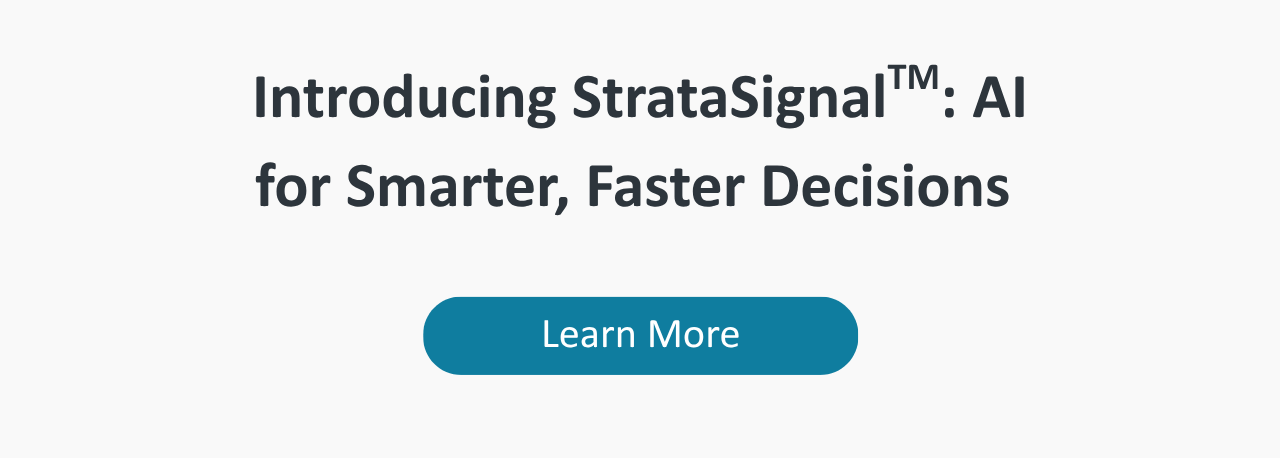May 26, 2020
problem
Leaders Need Data to Understand Performance
Most health systems struggle to get relevant, timely information to department leaders and executives to enable data-driven decisions. The lack of accessible information typically results in 1) leaders sending multiple ad hoc report requests to the Decision Support or Analytics team, 2) making decisions without a full understanding of root causes and the likely impact, or 3) the Decision Support team producing and distributing multiple, disparate reports to decision makers that users have difficulty understanding and often don’t use.
A large, multi-site healthcare system in Texas was experiencing this problem. The Decision Support team was overwhelmed with data requests despite the routine reports they created manually and sent out monthly. The Decision Support team was incredibly busy supporting end users, but leaders were not getting what they needed to make sound decisions.
play
Provide Self-Service Analytics for Your Organization
Using StrataJazz, the Decision Support team created a more efficient and cost effective process to provide leaders the information they need. Before Strata, regional finance teams produced their own daily indicator reports for entity and department leaders. The metrics on reports and data sources varied from region to region and didn’t align with the information reported at a corporate level. If the leaders needed deeper information, they would have to request data from finance.
Despite a strong process for driving accountability for performance throughout the system, too much time was spent debating the data and doing deep-dive analysis rather than focusing on how to improve performance.
With Strata’s help, this organization standardized KPIs across the system and built corporate, regional, entity, and department dashboards that aligned performance throughout the large and growing health system. The team built intuitive drill-ins to allow for seamless, self-service deeper dive information. Certified Super-Users throughout the health system could access ad hoc reporting tools to answer questions for regional leaders.
impact
Automated, Standardized Report Saved $300k in Labor Costs
After integrating a standard set of KPIs and reports into a single “source of truth” database, the monthly report creation process went from 8 people spending 15 hours per month to 1 person spending 30 minutes per month. The organization reduced 120 hours per month to 30 minutes, transforming 26 entities with aligned, standard and self-service reports. They reduced full-time labor cost for a savings of $300K per year and deployed remaining team members on higher value work. The organization now makes data-driven decisions across expansive geography and is strengthening its culture of accountability and growth. Further, they have redirected around 1,500 hours per year to high-value projects.

